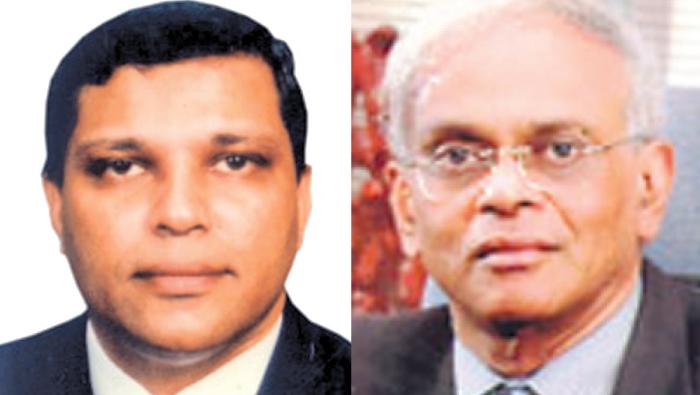
Economists and investment experts said the Central Bank’s move to invest Employees’ Provident Fund (EPF) money in the equity market is a good move. However, it has to be done with proper checks and balances to ensure safety and sound returns for fund holders.
These responses came following Central Bank Governor Dr. Indrajit Coomaraswamy’s speech last week where he said the EPF will be re-enter the stock market soon and the fund has recently begun trading in the secondary government securities market. Governor Coomaraswamy was speaking at the ceremony to mark the 68th anniversary of the Central Bank. Responding to this, former Central Bank Deputy Governor W.A. Wijewardena said investment of EPF monies commenced in 1998 and at that time there were safety measures to ensure sound returns and to protect the hard earned money of workers.
However, he said that ‘these safety measures were allegedly violated by the then Central Bank Governor and former President during the past regime. “EPF funds should not be invested more than five percent of the share capital of a company and the fund should not try to manage companies which were what exactly the former Governor and the former President did,” he said.
“They allegedly violated the regulations governing EPF investments in shares of companies by using the fund to acquire companies, which is totally wrong,” Wijewardena said.
He said now that the Central Bank has re-introduced the Fund to the Colombo Stock Exchange, safety measures should be followed and the Fund should be a passive and not an active investor. It should not try to acquire companies.
Past Chairman of the Colombo Stock Brokers Association, Deva Ellepola said the Central Bank’s reconsideration of investing EPF funds in the share market is a positive move. “However it has to be done in a proper manner and not in an ad hoc way that will fail to bring the desired return of the investments.”
“Proper safeguards should be in place to ensure safety and higher returns of investments. The move to invest EPF in equities should not be an opening of flood gates for wrong investments,” Ellepola said.
He said during the time of former Central Bank Deputy Governor W.A. Wijewardena there were well trained and qualified persons in the Department dealing with EPF at the Central Bank. However, that’s not the case now and if no proper checks and balances are in place the new move will be a failure.
Governor Coomaraswamy said, “Monetary authority has established sufficient safeguards to improve transparency and accountability in trading guidelines and improved fund management functions.”
The EPF commenced trading in the secondary government securities market and it is expected to begin trading in CSE since the management and surveillance of the Fund has been improved.
The Fund was stopped from investing in the secondary market in 2016 following the revelation that certain dealers in the Fund had allegedly engaged in bond trades resulting in huge losses to the Fund related to the controversial Treasury Bond scam in 2015 and 2016.
EPF, the largest social security fund according to reports failed to generate any return from its Rs. 9.3 billion investments in private equity up to 2014. The Fund lost around Rs. 11.7 billion in investments in 58 private entities according to its annual report in 2011.
The EPF’s assets exceeded Rs.2.0 trillion in 2017 contributed by 2.6 million active accounts.
Investment experts said it is vital to create a proper investment climate that ensures transparency, investor confidence and no conflict of interest.
